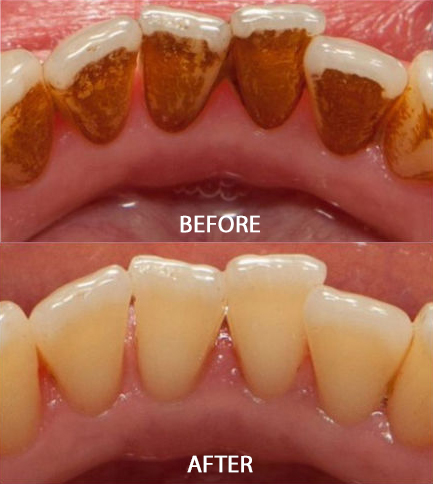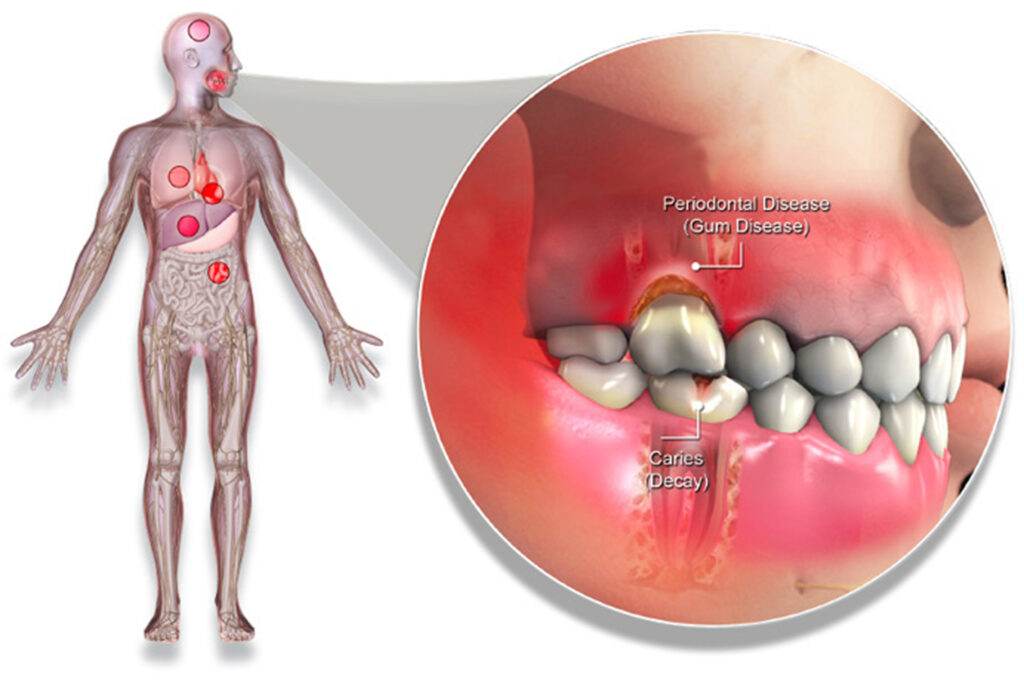Examination & Hygiene
During a dental examination, a dentist typically conducts a thorough inspection of the mouth, teeth, gums, and overall oral cavity. The procedure includes checking for cavities, tooth decay, gum disease, and any signs of oral cancer. The dentist may also examine the alignment of the teeth and bite. Radiographs, or dental X-rays, are usually taken during the exam to provide a more detailed view of the teeth and jawbone. These images are essential for identifying problems not visible to the naked eye, such as cavities between teeth, impacted teeth, bone loss, and infections in the roots. Radiographs help in diagnosing issues early, allowing for timely treatment and better oral health outcomes. Regular dental examinations and hygiene appointments every six months are crucial for maintaining optimal oral health. These bi-annual visits play a vital role in preventing dental problems, ensuring early detection of issues, and promoting overall well-being.

Preventive Care
Routine dental examinations are the cornerstone of preventive dental care. During these visits, dentists thoroughly examine your teeth and gums for signs of decay, gum disease, and other potential problems. Early detection of issues like cavities, plaque buildup, and tartar is essential to prevent them from developing into more severe conditions. By addressing these problems early, you can avoid more extensive and costly treatments down the line.
Professional Cleaning
Even with diligent at-home oral care, plaque and tartar can accumulate in hard-to-reach areas of your mouth. Professional dental cleaning removes these deposits, reducing the risk of cavities and gum disease. Dental hygienists use specialized tools to clean and polish your teeth, ensuring they are free from harmful bacteria and plaque. This process not only keeps your teeth healthy but also leaves your mouth feeling fresh and clean.
Gum Health
Gum disease is a common but preventable condition that can lead to serious health issues if left untreated. Regular dental visits allow for the early detection of gum disease, which can often be managed with improved oral hygiene and professional cleanings. Dentists can identify signs of gingivitis or periodontitis and recommend appropriate treatments to maintain healthy gums.
The Oral/Overall Health Connection
Oral health is closely linked to overall health. Poor oral hygiene has been associated with various systemic conditions, such as heart disease, diabetes, and respiratory infections. Regular dental examinations help in monitoring and maintaining your oral health, which in turn supports your overall well-being.

